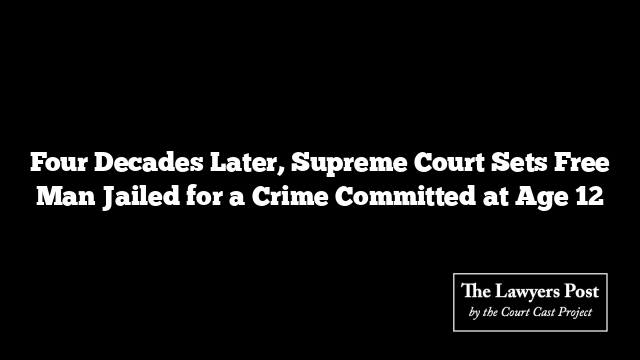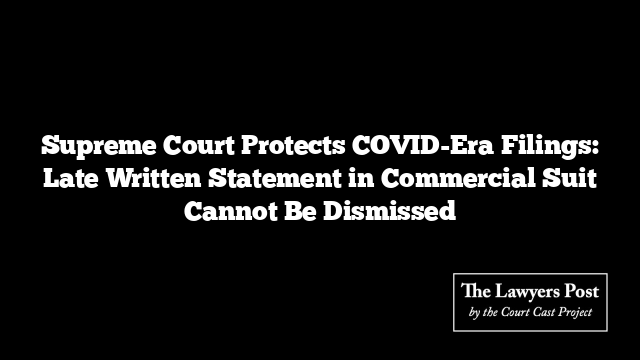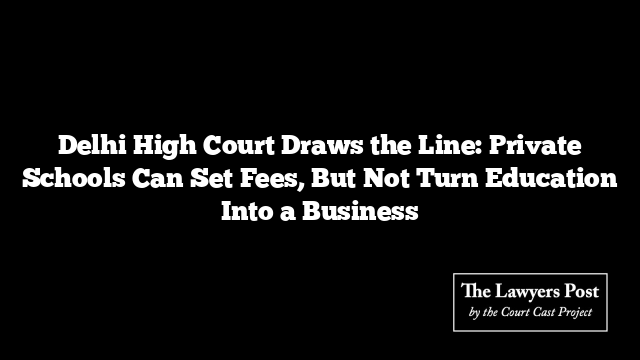In a remarkable turn of justice spanning more than four decades, the Supreme Court has invoked the Juvenile Justice (Care and Protection of Children) Act, 2000 to order the release of a man convicted for a 1981 murder—committed when he was barely 12 years old.
A Bench of Justices Dipankar Datta and Augustine George Masih ruled that the protections under the Juvenile Justice Act extend even to offences committed when the earlier Children’s Act, 1960, was in force. “No provision in the 1960 Act restricts this Court from granting relief,” the Bench observed, underscoring that compassion and constitutional fairness cannot be constrained by legislative transition.
The case traces back to Sultanpur district, where the petitioner—just 12 years and five months old at the time—was found guilty of murder. The trial court had initially directed that he be kept in a children’s home instead of a jail, recognizing his age and the possibility of reform. But decades of appeals and reversals saw him once again behind bars, ultimately serving far longer than what juvenile law allows.
The Allahabad High Court acquitted him in 2000, but the Supreme Court reinstated the conviction in 2009. He went underground, resurfacing only in 2022 when he was arrested and lodged in Agra Central Jail.
Arguing for his release, counsel contended that the man had already spent more than three years and eight months in custody—beyond the statutory maximum of three years for a juvenile under Section 15(1)(g) of the JJ Act. The State, however, maintained that the 1960 Act applied to his case.
The Supreme Court disagreed, noting that Section 7-A of the 2000 Act allows the claim of juvenility to be raised “at any stage of proceedings, even after final disposal.” Once a person is established as a child at the time of the offence, the law mandates that appropriate relief must follow.
The Bench found that the man’s prolonged incarceration was a direct violation of his right to personal liberty under Article 21 of the Constitution. “His liberty has been curtailed not in accordance with procedure established by law. Breach of Article 21 is writ large,” the Court said, calling his continued detention “unsustainable.”
It also noted a serious lapse in the original trial—his joint prosecution with adults—contrary to Section 24 of the 1960 Act, which explicitly forbids such a trial.
After spending more than the maximum legal period in confinement, the Court held that there was no reason to prolong his custody. The reformative purpose once envisioned by the trial court, the judges said, had long been overtaken by time.
Concluding that his detention was illegal, the Supreme Court directed his immediate release and instructed the Varanasi Central Jail authorities to act on a digital copy of the judgment without delay.
Thus, more than forty years after a childhood mistake changed the course of his life, the man finally walks free—not by the passage of time, but by the reaffirmation of a principle the law holds dear: that even the gravest offence cannot extinguish the rights of a child.





